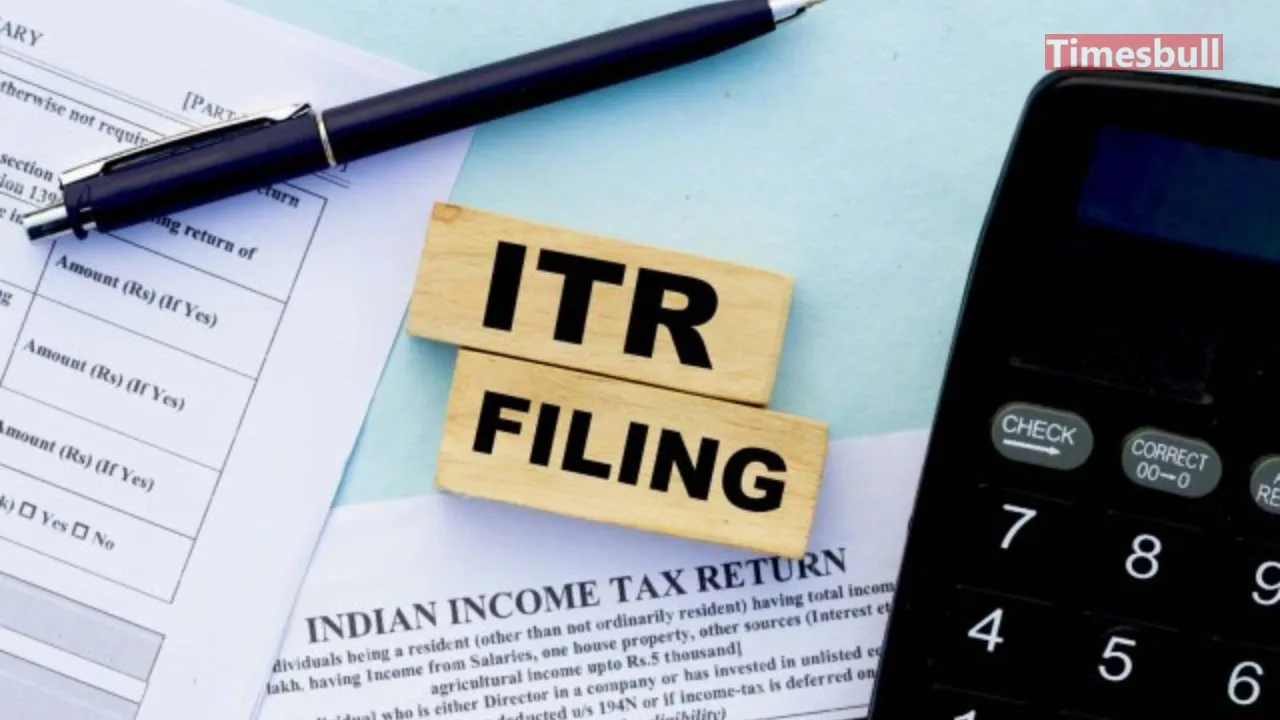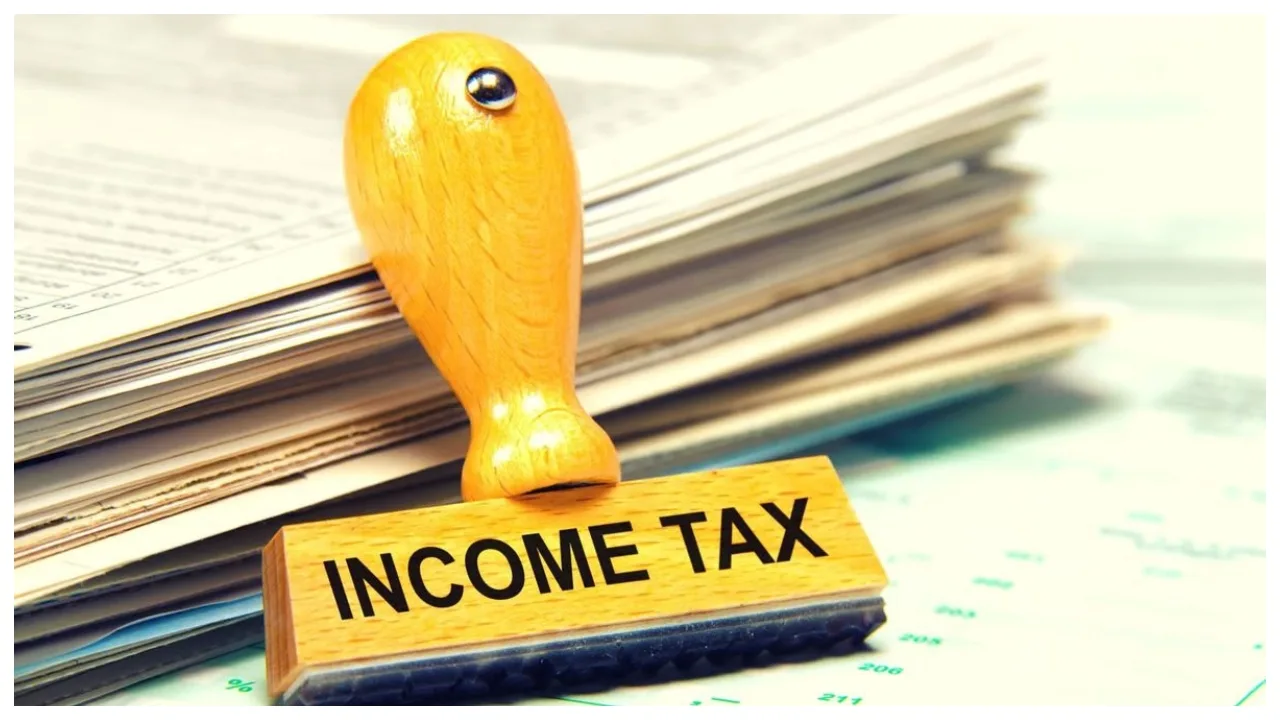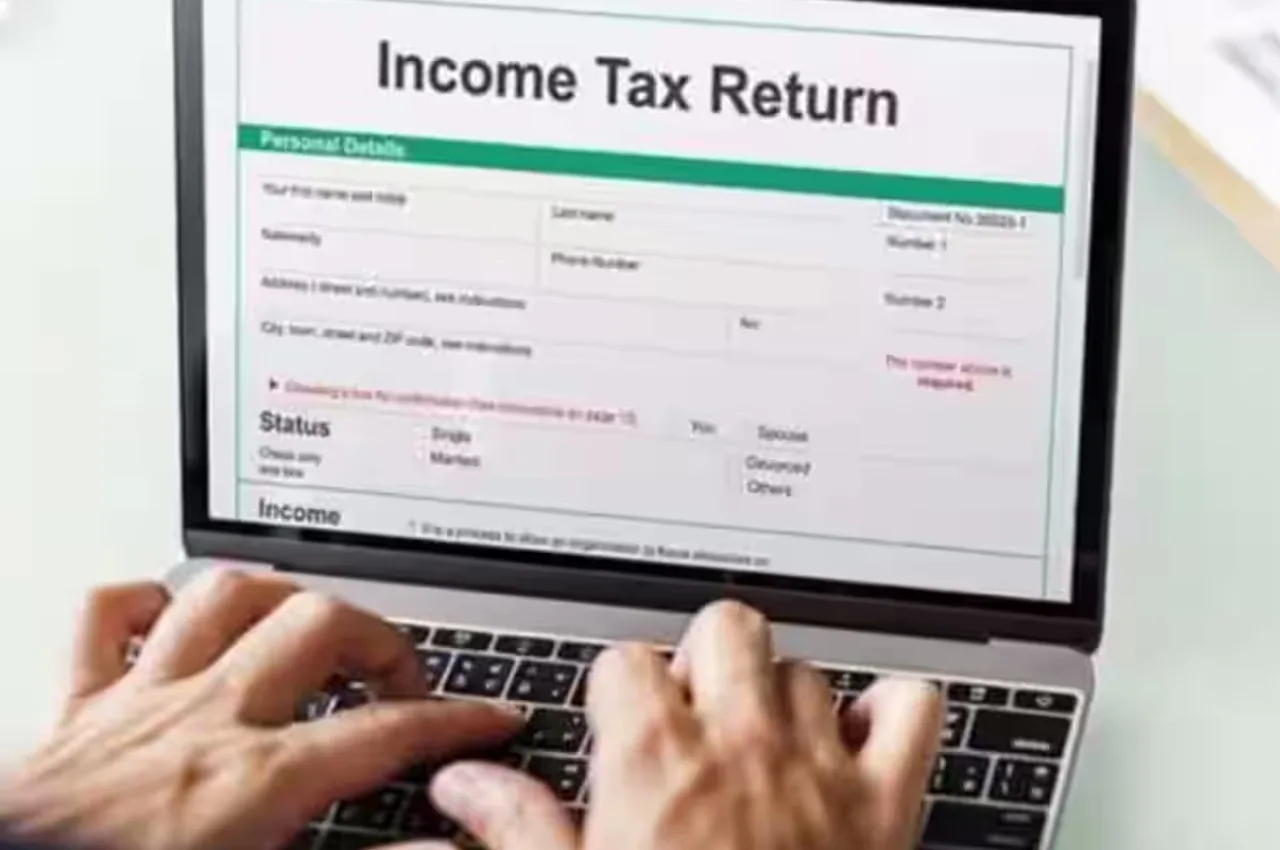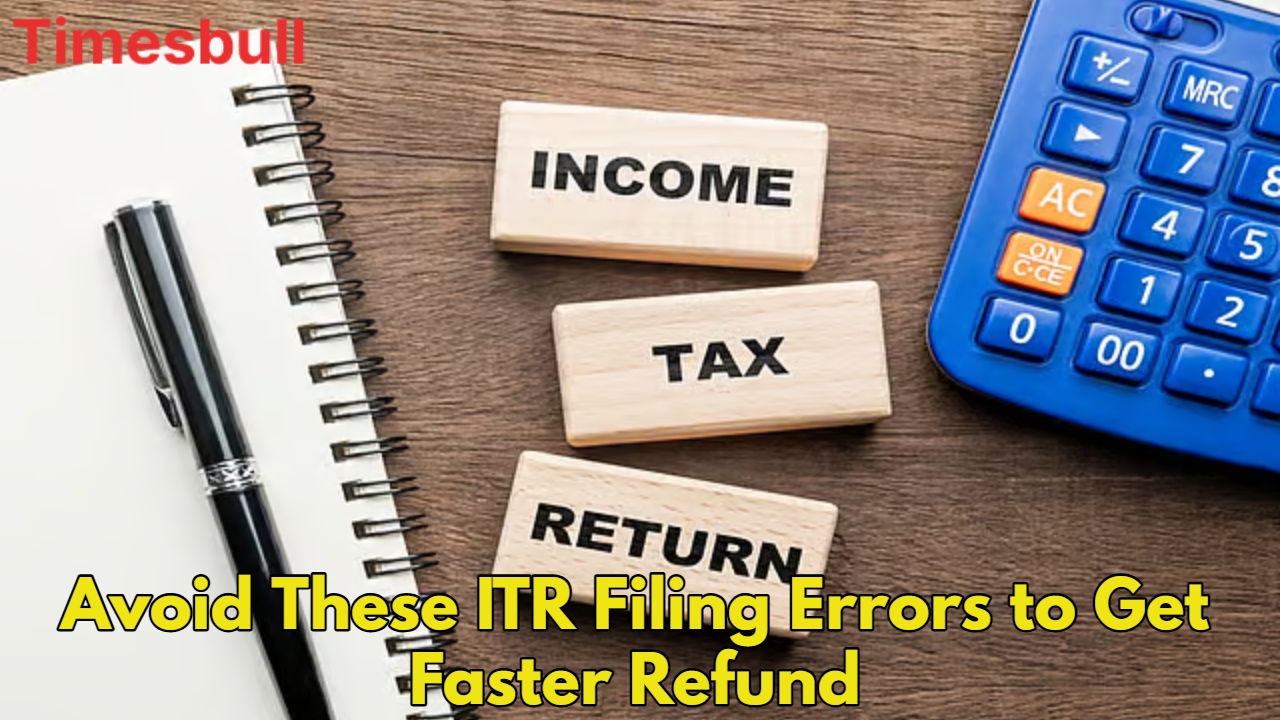Filing an Income Tax Return (ITR) is a very important process for every taxpayer, but even a small mistake made in it can cause great harm to you. There have been many such important changes in the recent budget (Budget 2025), due to the time taken to implement which, this time the deadline for filing ITR for common taxpayers has been extended from 31 July to 15 September.
This is a relief, but if you have not implemented the new changes without properly understanding them or have made some mistakes while filing ITR, then you may face trouble later. In this, you may have to face situations like delay in refund, getting tax notice or penalty. To avoid such hassles in the future, it is better to understand the mistakes mentioned here and remove them in advance.
Filling the wrong ITR form
Often taxpayers select the wrong form while filing ITR, which may result in the return being rejected or delay in processing. It is very important to choose the right ITR form according to your source of income and type.
Choosing the right ITR form depends on your income, capital gains, business income, etc. Filling out the wrong form may result in a defective return notice from the Income Tax Department, which may prolong the process.

Not filing returns
Many people think that their income is not enough to pay income tax, so it is not necessary for them to file returns. But thinking like this is not always correct. If you have spent ₹2 lakh or more on foreign travel in a financial year, or the electricity bill has come to more than ₹1 lakh, then filing an ITR becomes mandatory, even if your taxable income is zero.
Ignoring recent changes
The biggest mistake while filing ITR this year would be if you did not include the changes made in the tax rules through Budget 2025. Now listed shares and equity mutual funds will be taxed at the rate of 12.5% by long-term capital gains tax and will not get the benefit of indexation. This is an important change that investors should understand.
The tax on short-term gains has been increased from 15% to 20%. Now only the Aadhaar number will be valid in ITR 1, 2, 3, and 5 forms, not the Aadhaar Enrollment ID. The new tax regime has now become the default. If you want to choose the old tax regime, then Form 10-IEA has to be filled out before filing ITR.
Not checking Form 26AS and AIS

All your financial transactions and important tax-related information like TDS (Tax Deducted at Source) are available in the Annual Information Statement (AIS) and Form 26AS. Filing ITRs without checking them can be a big mistake.
Not reporting income from all sources
Many times people report only those incomes on which TDS has been deducted, but doing so is wrong. There can be many incomes like Savings Account, FD (Fixed Deposit), RD (Recurring Deposit), Rent, Income from Abroad, or Freelance Income, from which TDS is not deducted. In such a situation, many times people ignore them. If this happens, the tax calculation can also be wrong due to incorrect reporting of income. If this mistake is caught later, a penalty may be imposed.
Not showing tax-exempt income
While filing an ITR, it is necessary to report such income in the correct section, which is exempted from Income Tax. For example, PPF (Public Provident Fund) interest, agricultural income, LTA (Leave Travel Allowance), HRA (House Rent Allowance), insurance maturity, or returns received from Sukanya Samriddhi Yojana. If these returns are not shown in the ITR, the return can be considered defective and if not corrected in time, the return can also be considered invalid.

Not adding the income of the old employer
If you have changed jobs during the financial year, it is necessary to show all the income together by taking Form 16 from both the old and new employers. Many times both employers give different deductions, due to which less tax is deducted, and in the end, you have to pay the advance tax yourself. Failure to do so may result in interest and penalty.
Lack of proof in HRA claim
In the old tax regime, it was mandatory to submit some important proof to claim HRA (House Rent Allowance). If you do not provide these documents or provide any wrong information, your HRA claim may be rejected and you may also get a notice from the Income Tax Department.


